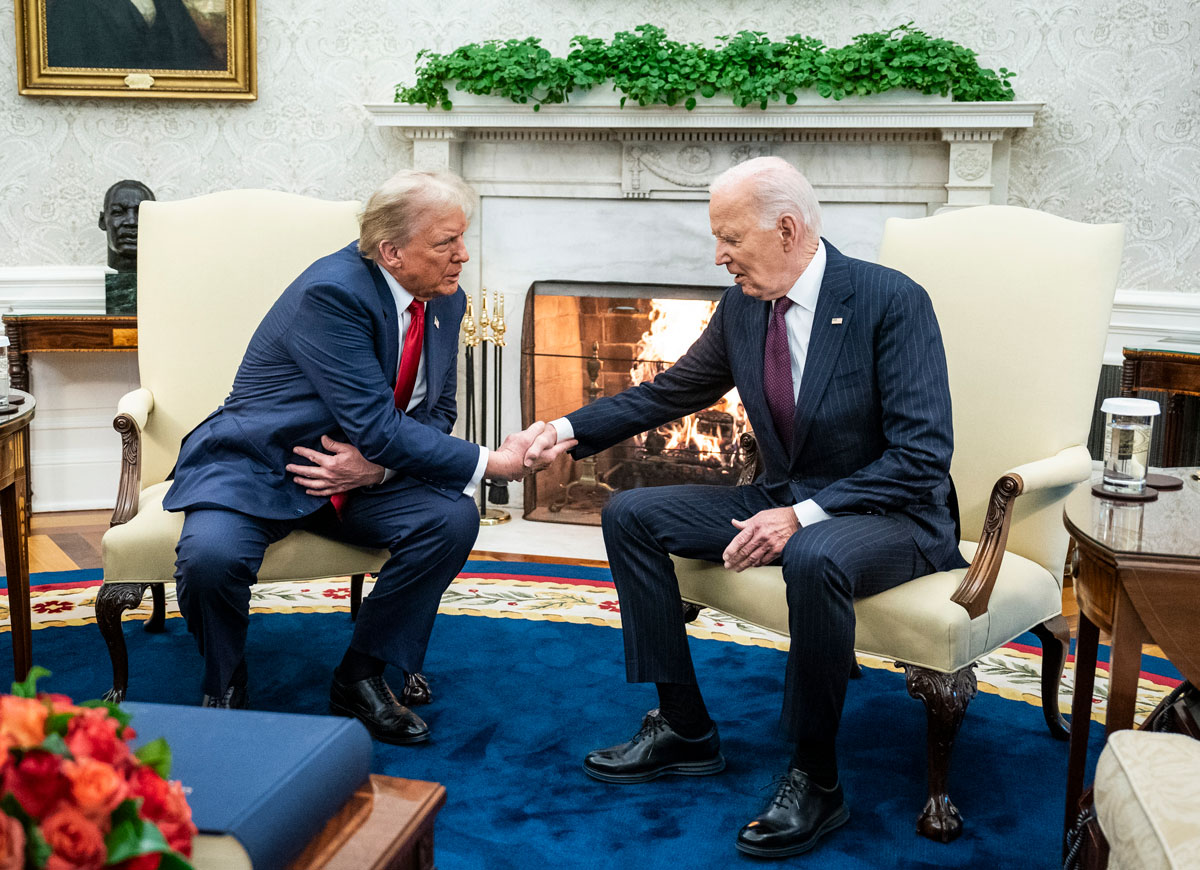Republican-Led States Exclude Millions Of Children From Federal Food Assistance Program
More than eight million children across 15 states, all governed by Republican leaders, will be denied access to a crucial federal food assistance program designed to aid low-income families over the summer months.
Scheduled to commence this summer, the program aimed to provide eligible families with $120 per child, which could be used to purchase food at approved retailers like grocery stores and farmers’ markets when school-based assistance is unavailable.
The introduction of this food assistance program arrives at a critical juncture in the United States’ fight against hunger. As reported by the Agriculture Department, food insecurity increased to 12.8% of U.S. households in 2022, affecting 17 million homes, up from 10.2% (13.5 million households) in 2021.
The future of the federally funded Special Supplemental Nutrition Program for Women, Infants, and Children (commonly known as WIC) remains uncertain as conservative lawmakers in Congress challenge long-standing budget priorities.
The 15 states that did not apply are Alabama, Alaska, Florida, Georgia, Idaho, Iowa, Louisiana, Mississippi, Nebraska, Oklahoma, South Carolina, South Dakota, Texas, Vermont and Wyoming.
Notably, the 35 states that signed up included all the ones led by Democratic governors, with a dozen led by Republican governors.
Republican-led states from various regions of the country declined to participate, due to concerns about the program’s mechanics and administrative costs, as well as ideological objections.
Gov. Kim Reynolds (R-Iowa) exemplified this sentiment in a recent announcement of her state’s decision to reject the program, known as the Summer Electronic Benefit Transfer (Summer EBT). She said, “If the Biden administration and Congress want to make a real commitment to family well-being, they should invest in already existing programs and infrastructure at the state level and give us the flexibility to tailor them to our state’s needs.”
When asked about Florida’s decision not to participate, the state’s Department of Children and Families responded via email to The Orlando Sentinel, “We anticipate that our state’s full approach to serving children will continue to be successful this year without any additional federal programs that inherently always come with some federal strings attached.”
Vermont’s Department for Children and Families also declined to participate and cited the program’s extensive requirements. However, the state assured that it would offer additional summer meal options in the meantime, which would include multiple days’ worth of meals to families in need.
Oklahoma cited bureaucratic and logistical concerns but did not rule out future participation.
Even some Republican-led states that signed up acknowledged that substantial work was required to implement the program by summer. Missouri, for example, noted in a letter to the Agriculture Department in December that the “lack of final guidance” and uncertainty needed to secure state funding posed potential unforeseen challenges.
Nonetheless, Caitlin Whaley, communications director for the Missouri Department of Social Services, emphasized the state’s support for the program’s underlying principle that children should be fed over the summer and the additional resources it offered. Missouri did not want to miss the potential opportunity to launch the program successfully.
RELATED ARTICLES
Get the most-revealing celebrity conversations with the uInterview podcast!




 by
by 



Leave a comment